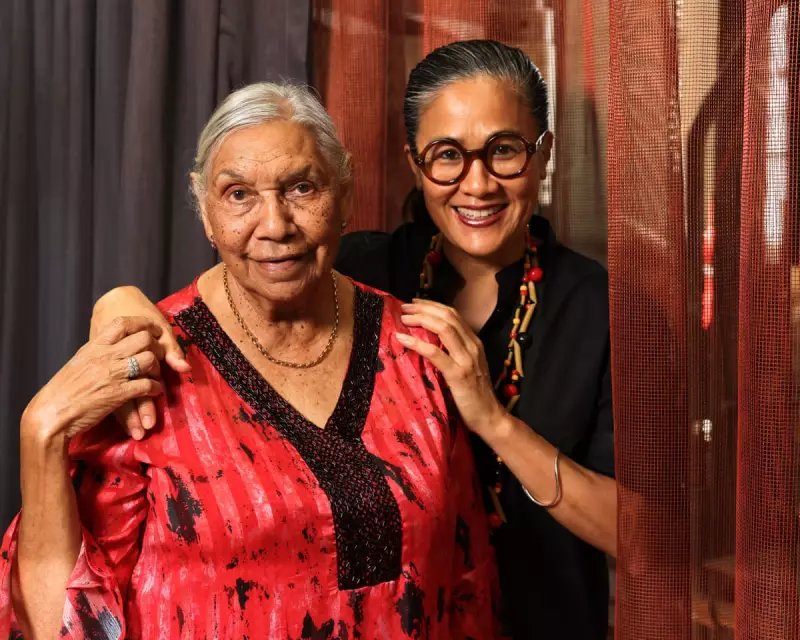
London's culinary scene is about to experience a remarkable taste of Australia's ancient landscape as the Australian Native Food Festival prepares to showcase the continent's unique native ingredients this October. This groundbreaking event brings together leading chefs, Indigenous knowledge holders, and food enthusiasts to celebrate a culinary heritage dating back over 60,000 years.
Indigenous Wisdom Meets Modern Gastronomy
Spearheaded by celebrated chef Kylie Kwong and Indigenous food sovereignty advocate Bruce Pascoe, the festival represents a significant moment for Australian cuisine on the global stage. "This is about sharing the incredible diversity and sophistication of Aboriginal food culture," explains Kwong, whose Sydney restaurant Billy Kwong pioneered the use of native ingredients in modern Chinese cooking.
The festival programme includes:
- Hands-on cooking demonstrations featuring ingredients like wattleseed, lemon myrtle, and quandong
- Educational workshops on sustainable harvesting practices
- Tasting sessions exploring the complex flavours of bush tomatoes and native peppers
- Discussions about food sovereignty and cultural preservation
From Outback to London: A Culinary Journey
Bruce Pascoe, author of the award-winning book "Dark Emu," emphasises the deeper significance of this culinary movement. "Australian native foods aren't just novel ingredients—they represent an entire agricultural system that sustained this continent for millennia," he notes. "We're sharing knowledge that has been carefully preserved by First Nations people for generations."
The festival will feature special appearances by Indigenous elders including Aunty Beryl Van-Oploo, who will share traditional cooking methods and stories behind the ingredients. Visitors can expect to discover:
- Unique flavour profiles that challenge conventional Western palates
- Sustainable food sources adapted to Australia's challenging climate
- Nutritional benefits of native plants that have evolved over thousands of years
- Cultural significance of traditional food gathering practices
A Growing Movement with Global Implications
This London event comes at a pivotal time for Australian native foods, as international interest in sustainable, locally-adapted ingredients continues to grow. The festival organisers hope to establish an annual event that bridges cultures while promoting environmental stewardship through food choices.
"What makes this festival particularly special is its commitment to ensuring Indigenous communities benefit directly from the growing interest in their culinary heritage," says Kwong. A portion of proceeds will support Indigenous food education programs in Australia.
As the world grapples with food security challenges and climate change, the wisdom embedded in Australia's ancient food systems offers valuable insights. This festival provides a unique opportunity for Londoners to taste, learn, and engage with one of the world's oldest continuous living cultures through the universal language of food.





